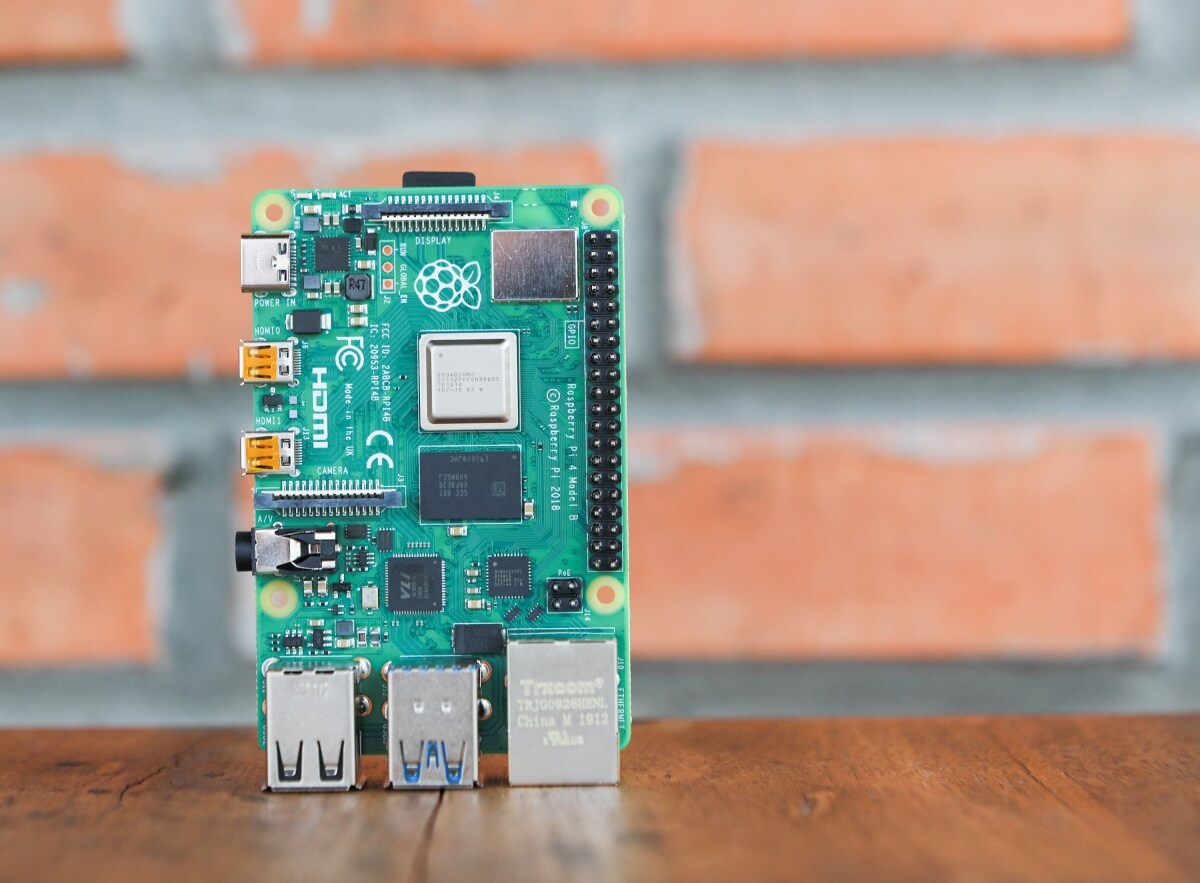Cutting corners: Cutting corners has seemingly backfired on the Raspberry Pi Foundation as its newest product, the Pi 4, has been confirmed to feature a non-compliant USB-C implementation that tampers with compatibility. Had they simply mirrored the USB-C spec, this wouldn't have happened.
The Raspberry Pi Foundation a couple of weeks back announced its latest single-board computer. The Raspberry Pi 4 Model B features multiple enhancements over its predecessor including - for the first time - a USB-C connector for power delivery.
Unfortunately for the foundation and early adopters, an issue has been identified with the board that could hinder its use under certain circumstances.
As Tyler Ward explains (via Ars Technica), each of the two CC pins on the USB-C port is supposed to get its own resistor but for some reason, the Foundation designed the Pi 4 to share a single resistor. This makes the implementation a non-compliant design and tampers with compatibility.
It all boils down to the type of cable you use. Most cables should work fine although if you have an electronically marked or e-marked USB-C cable like the ones typically used to charge laptops, it may not work.
Raspberry Pi co-founder Eben Upton told TechRepublic that smart chargers with an e-marked cable will incorrectly identify the Raspberry Pi 4 as an audio adapter accessory and refuse to provide power. Upton added that he expects the issue to be fixed in a future board revision but for now, users will need to apply a workaround [use a cable that isn't e-marked] to circumvent the problem.
"It's surprising this didn't show up in our (quite extensive) field testing program," Upton said.
The Raspberry Pi Foundation isn't the only one to have flubbed this up. Nintendo's Switch also has a non-compliant USB-C port and thus, has compatibility issues with certain USB-C cables.
Masthead credit: Close up of Raspberry Pi 4 by mrnok
